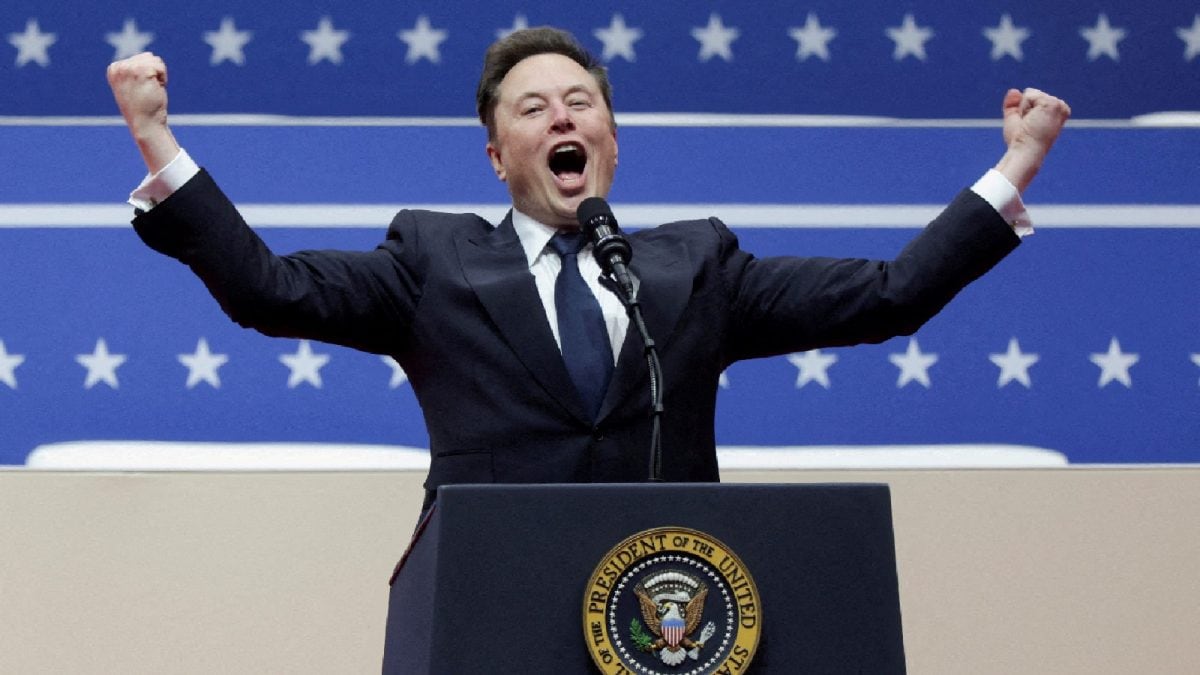
Why Britain's Royal Society Is Considering Throwing Out Elon Musk? Explained
- 17.03.2025 10:54
- news18.com
- Keywords: Royal Society
The Royal Society in Britain is reconsidering Elon Musk's fellowship due to concerns over his public behavior and alleged violations of its code of conduct, particularly his use of X to spread misinformation and inflammatory remarks.